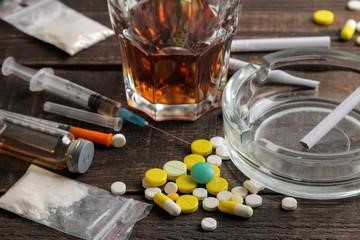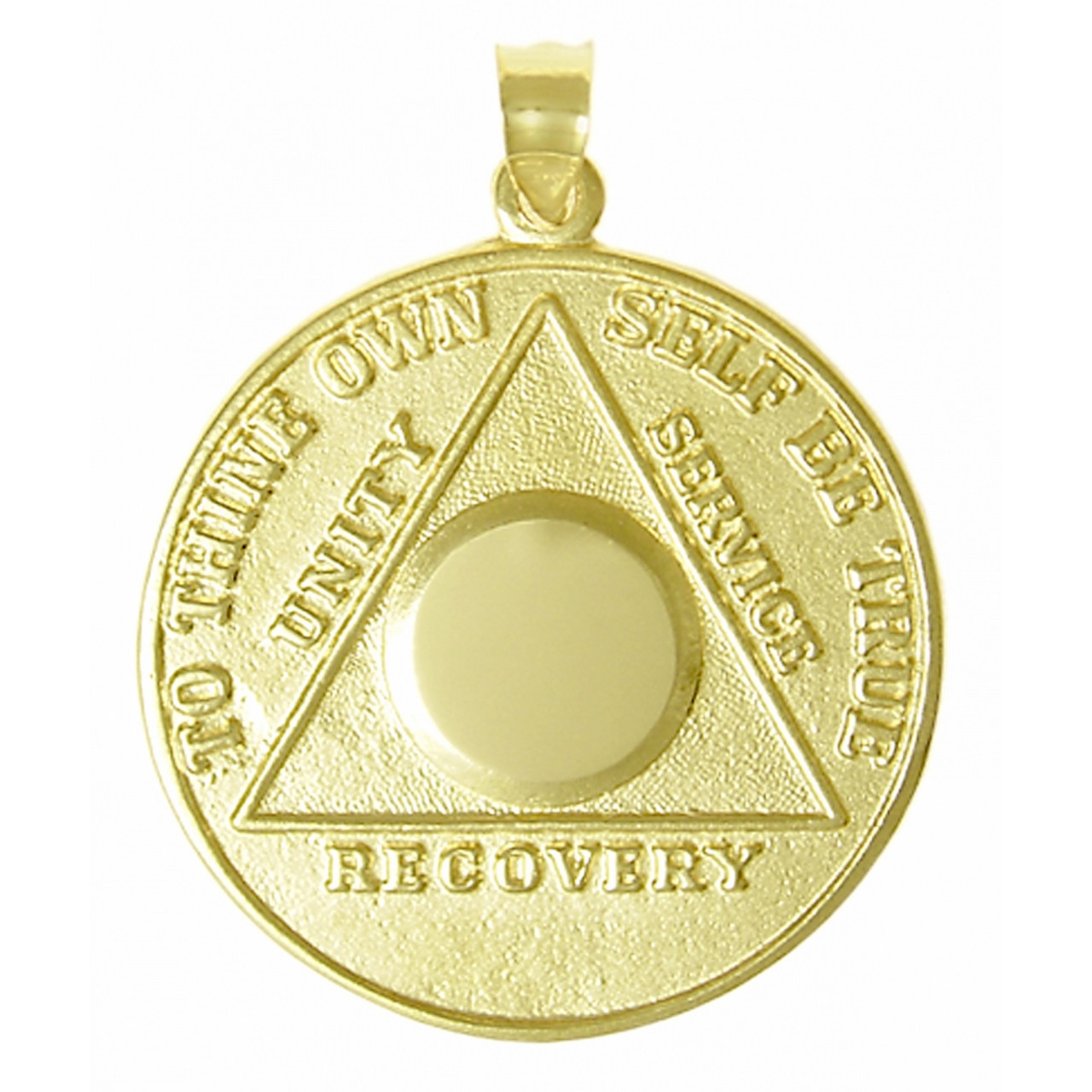The Catalyst of Change: How Hope Fuels the Recovery Process
Posted by Daniella Park on 3rd Jan 2024
We’ve all lost hope at some point in our lives. That’s especially true when we earnestly toiled for something, but the outcome flew right in the face of our expectations.
During such moments, giving up might seem like the natural thing to do. You may want to throw in the towel and surrender gracefully to the whims of fate.
But as a recovering addict, hopelessness is an idea you certainly don’t want to entertain. Every ray of optimism is necessary to free yourself from the shackles of substance abuse and achieve the clean you.
Multiple studies have proved that hope can, indeed, accelerate your path toward full addiction recovery. Healing may come even faster if you take inspiration from people who’ve been there and done that, so to speak.
Read on as we unpack the benefits of hope for recovering substance abusers.
What Is Hope?

Hope is the desire or expectation that something will happen. The feeling is often driven by tangible efforts made towards the desired outcome. However, it may also spring from mere wish.
Everyone has something to hope for. In fact, being hopeful about the future is one of the things that set humanity apart from other creatures.
Some people hope to find employment amidst a wave of retrenchments and redundancies. Others are hopeful about starting a family, building their dream home, visiting their favorite destinations, etc.
But hope isn’t always measured against major outcomes. It could as well be pegged on seemingly trivial things, such as waking up to a ‘Good Morning’ text message from your sweetheart or driving through a traffic-free road.
For people trying to chart their way from addiction, the biggest hope is giving up the habit without risking a relapse.

How Might Hope Fuel the Recovery Process?
1. Hope Can Help You Find Meaning in Life
Substance abuse interferes with our ability to harbor long-term life ambitions. This may consequently prevent us from pursuing life beyond mere survival.
In an addict’s world, the future holds no significance. All that matters is the present.
The first thing an addict thinks of when they wake up in the morning is the specific drug they’re hooked on. They go through their daily routines, gorging themselves on that particular substance, sometimes drowning all their money into it.
Without hope, life loses its purpose. It’s only hopeful optimism that can truly restore an addict’s motivation in their lives by allowing them to set and pursue meaningful goals.
2. Hope Can Aid Pain Relief
Pain is a common drug withdrawal symptom. It can present throbbing headaches, muscle spasms, or abdominal irritation.
The quickest way to alleviate pain would be through taking over-the-counter (OTC) medications. But what if we told you that hope can produce nearly the same effects as conventional analgesics?
Scientific research has found a close relationship between high feelings of optimism and low pain sensitivity. Hope combats pain by improving physical and psychological functions.
Being hopeful allows you to adapt better to pain by developing effective coping mechanisms. And unlike regular analgesics, hope produces ZERO adverse effects.
3. Hope Can Fight Drug-related Stress and Anxiety
Stress and anxiety are other notable drug withdrawal symptoms. Fortunately, both are also manageable with hope.
When you’re hopeful about the future, you’lllikely engage in activities that bring you closer to your goals.
For instance, it’s intuitive to increase your library time if studying for upcoming exams. You may also want to engage in a side hustle after your regular job to save enough money for your dream home.
Finding hope in meaningful activities can go a long way in addressing drug-related anxieties. It lets you focus your mind on worthy pursuits other than wandering off to drug-associated cues.
4. Hope Can Bolster Self-confidence
Recovering addicts continually have to contend with two conflicting inner voices. On the one hand, a gentle voice nudges them along their newfound path. Yet, on the other hand, it is a self-sabotaging thought reminding them that they’ll never get far with their quest for cleanliness.
It’s not always easy to know which intuition to follow. And that’s where hope comes in.
Being hopeful, coupled with mindfulness, can help to overcome self-limiting thoughts. It allows you to focus on the brighter side during the gloomiest circumstances.
Hope can prevent you from relapsing to your older ways. Instead, it motivates you to press on with the assurance of greater things ahead.
Is Hope the Only Catalyst on The Road to Recovery?
Hope is undoubtedly a key motivator for any recovering addict. But it’s not the only one.
Recovering addicts may also consider joining relevant fellowships like Alcoholics Anonymous (AA) and Narcotics Anonymous (NA). These communities offer a free platform for addicts to share their challenges and success stories to motivate those possibly considering giving up.
One standout benefit of many addiction and recovery organizations is that they offer recovery gifts for those who’ve achieved certain milestones in their journeys. Such presents range from sobriety medallions to key chains, book covers, clothing, homeware products, etc. They help you celebrate your achievements while also serving as a stark reminder of your struggles with substance abuse.

Recovery medallions are probably the most coveted sobriety rewards due to their longevity. These medals of honor are typically made from fairly durable metals like silver, bronze, brass and aluminum. They may also be plated with precious metals like gold, imbuing elegance and luxury to your trophy cabinet. NA medallions, or medallions by any other sobriety organization, offer Swarovski crystals to brighten up your medallions.
Changing the environment might also help to slay the monster of substance abuse. For instance, you may decide to relocate to a new state or ask for a job transfer if your present location exacerbates your addiction problem.
Lastly, remember to engage a licensed therapist as you embark on recovery. Their insights can be useful in helping you overcome the common pitfalls recovering addicts often encounter.

Wrap Up
Hope is a prerequisite in the quest for complete addiction recovery. Optimism can bolster your self-confidence and help you recover your lost meaning in life. Besides, it can combat some of the direct adverse effects of drug withdrawal, such as pain and anxiety.
However, it’s important to remember that hope alone won’t cut it. Full recovery from substance abuse requires a multi-pronged approach that also entails joining like-minded communities, changing your environment, and seeking professional help.


